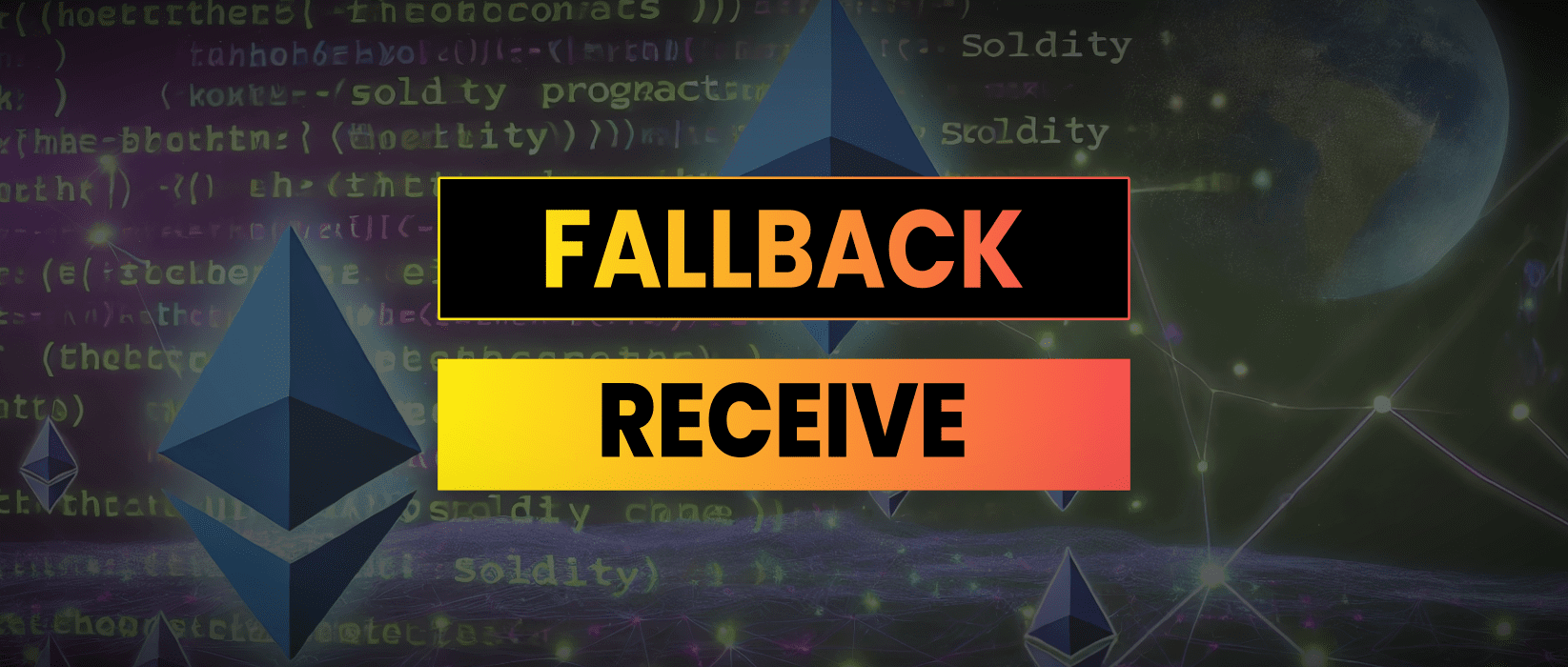Among Solidity’s essential features are the fallback and receive functions, which play crucial roles in handling Ether transactions and contract interactions. A thorough understanding of these functions is vital for developers aiming to create robust and secure smart contracts.
The Fallback Function
In Solidity, the fallback function is a unique, unnamed function that executes under specific circumstances. It is invoked when a contract receives a transaction that does not match any of its existing functions or when data sent does not correspond to any function signature within the contract. Essentially, it acts as a default handler for transactions that do not meet any predefined function criteria.
The fallback function is external and can be defined with or without the payable keyword. When declared as payable, it enables the contract to accept Ether. Notably, it cannot accept arguments nor return any data. The function is limited in terms of gas when called via the transfer or send methods—typically restricted to 2,300 gas—which suffices only for logging events or performing basic operations.
Here are two examples of fallback functions. The first is a non-payable method and the second is designed to execute when the contract receives Ether.
fallback() external {
// Code to execute when no other function matches
}
fallback() external payable {}The Receive Function
Introduced in Solidity version 0.6.0, the receive function is specifically designed to handle plain Ether transfers without any accompanying data. Its introduction aimed to make the handling of such transfers more explicit and to distinguish between transactions with and without data.
The receive function is external, payable, and, like the fallback function, unnamed. It cannot accept arguments or return data. It is triggered when the contract receives Ether with empty calldata, meaning no data is sent along with the Ether.
An example of the receive function is:
receive() external payable {
// Code to execute when Ether is received without data
}While both functions can handle Ether transfers, their invocation depends on the characteristics of the transaction. The receive function is called when the contract receives Ether with no data. In contrast, the fallback function is invoked when the contract receives data that does not match any function signature or when Ether is sent without data and the receive function is not present.
If both functions are defined within a contract, the receive function takes precedence over the fallback function for plain Ether transfers without data. This distinction ensures that contracts handle incoming transactions appropriately, based on whether they include data or not.
The fallback function can be utilised to implement advanced patterns such as proxy contracts or to handle unforeseen function calls gracefully. It can delegate calls to other contracts or provide a fallback mechanism for function invocations that do not match any existing functions.
From a security perspective, caution is necessary when implementing these functions. Including complex logic within the fallback function can expose the contract to vulnerabilities like re-entrancy attacks, particularly since it may be called with limited gas. Keeping the logic minimal reduces gas consumption and mitigates security risks.


